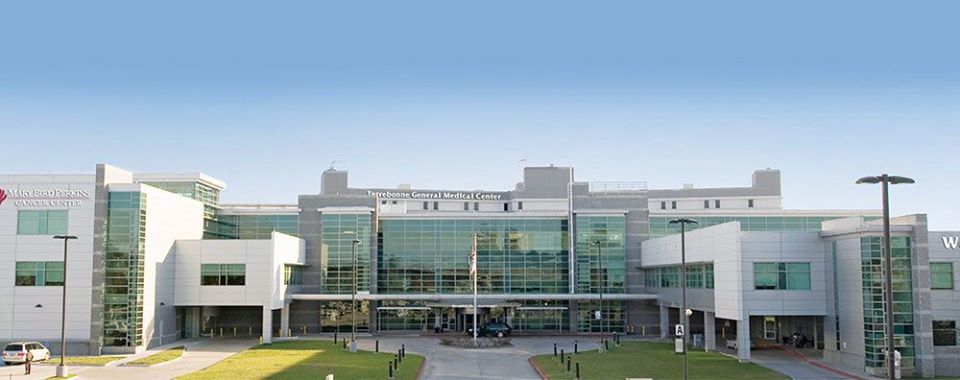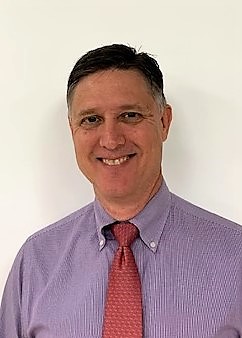
Norval Rhodes
August 6, 2020
TGMC Welcomes New Specialists to Medical Staff
August 6, 2020Dr. W.S. “Chip” Riggins is the Regional Medical Director for the bayou and river areas of Region 3 Office of Public Health (OPH), which include Lafourche and Terrebonne. A retired Air Force colonel, Dr. Riggins has 30 years of state, regional and local health authority leadership as a public health and preventive medicine physician.
Dr. Riggins recently spoke to the Times to answer various questions regarding COVID-19. In Part 2 of the Q&A, he discusses hospitals and the drug hydroxychloroquine.
Q: Hospitalizations have risen recently, with some hospitals in the Lafayette area especially becoming overwhelmed. How are hospitals in Lafourche and Terrebonne doing in relation to capacity limit at this moment?
A: They’re doing relatively well compared to the rest of the state…The total of inpatients in our area hospitals is trending downward this week (July 26 – July 31); this is a good sign. This is a sign that we need to really keep doing what we’re doing because it is having an effect. We’re seeing that in our hospital data, and that’s a very encouraging sign, simply an indication that what we’re doing is working and that we need to keep on and maintain our vigilance to protect them. Our healthcare workers are at risk of getting COVID-19, and across the state many of them are experiencing staff shortages because they have so many staff who are out.
…I think a vulnerability that we need to keep at the forefront of our minds: that [local hospitals] are very dependent on New Orleans and Baton Rouge and Lafayette for those critical care beds. We don’t have enough for our population. Our hospitals alone are dependent on being able to refer patients to those urban areas. And so we watch with concern what’s happening in Baton Rouge and Lafayette because we are dependent on those cities and their hospitals for our complete hospital bed needs here in our region.
…Our hospitals are doing fine, and no one should avoid going to any of our hospitals or emergency rooms because of COVID-19; they’re taking all the necessary precautions…Folks are having worse outcomes because they may be delaying their healthcare visits out of concern right now for our hospitals, and that’s really not necessary or appropriate. It’s just appropriate that we try to do our part to mask up and reduce infections in the community to help our hospitals.
Otherwise, they’re still there for us. They’re open for business, of course.
Q: Is there anything else you would like to add about hospitals?
A: Just take care of them because they’re a precious resource. I don’t think that people realize the vital consequences, how many things are dependent on our hospitals as being open and available. That would have a terrible economic impact on our community if we find ourselves with overwhelmed hospitals.
Q: The drug hydroxychloroquine has been in the news again. Some physicians held a summit in Washington D.C. to advocate for the drug, saying it’s effective in treating the disease. I believe those claims have not been scientifically proven by the CDC or other health agencies at this time. Is that correct?
A: Yeah, I believe Dr. Fauci when he says that the research published thus far does not substantiate significant improvement in morbidity or mortality by using hydroxychloroquine. There are still anecdotal stories that have many doctors convinced that it potentially has benefit, and I realize that. Continued research may be warranted, but what I’m understanding is that more and more of the research studies are being stopped because it’s failing to show improvement. And of course, hydroxychloroquine carries risks. The drug itself is not innocuous.
Q: Has this drug been used to treat COVID-19 in a Lafourche or Terrebonne hospital or any other facility in Region 3?
A: I do believe there was a period of time I was seeing some stories about use in the Veterans Administration Hospital. And I know some of our providers may have used it early on. I’m not continuing to hear stories of its use locally.
Part 1 can be read here.







